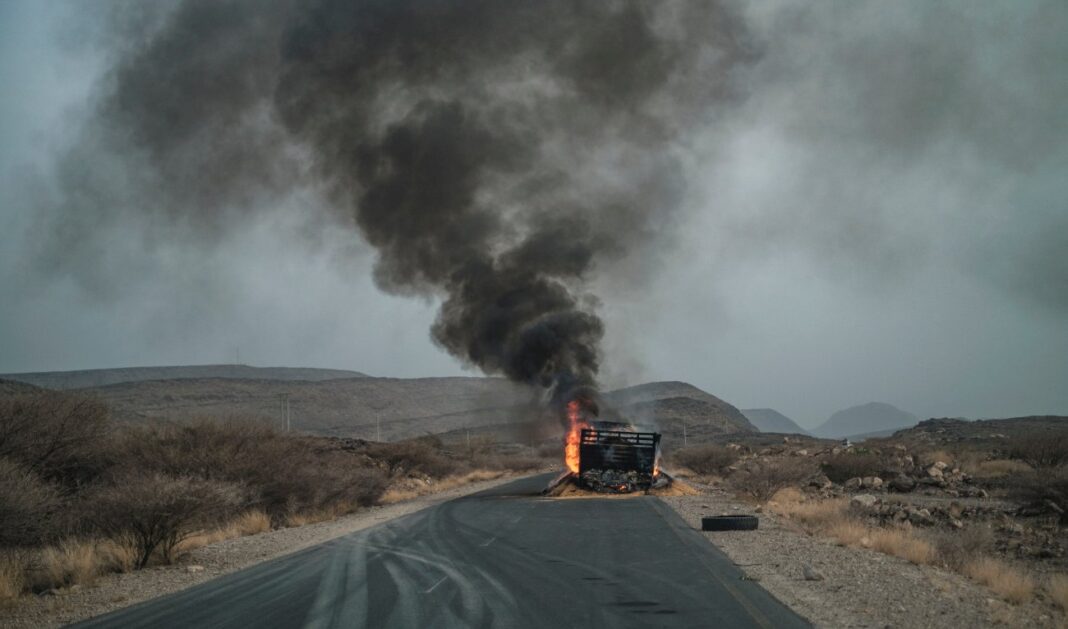ADDIS ABABA: Renewed clashes in northern Ethiopia have forced desperately needed aid deliveries to a halt in Tigray, the UN said, exacerbating a humanitarian crisis triggered by the nearly two-year war between pro-government forces and Tigrayan rebels.
The resumption of fighting late last month shattered a tenuous truce agreed in March that had allowed aid convoys to travel to the stricken region’s capital Mekele for the first time since mid-December.
In its first situation report since fresh clashes broke out on Aug. 24, the UN’s humanitarian agency OCHA said that the violence was “already impacting the lives and livelihood of vulnerable people, including the delivery of lifesaving humanitarian assistance.”
“The last humanitarian convoy to enter Tigray before the interruption was the humanitarian convoy on 23 August consisting of 158 trucks with humanitarian and operational supplies,” the UN’s Office for the Coordination of Humanitarian Affairs said.
“The United Nations Humanitarian Air Service flights, which had been flying between Addis Ababa and Mekele twice per week … have also come to a halt since Aug. 26.”
Fighting erupted around Tigray’s southeastern border, but has since spread along the region’s southern border to areas west and north of the initial clashes.
The uptick in violence has sparked international concern, with the US envoy to the Horn of Africa, Mike Hammer, currently in Ethiopia to kick-start diplomatic efforts to resolve the crisis.
The two sides have traded blame for starting the latest round of hostilities, with the Tigray People’s Liberation Front accusing the government and Eritrea — which backed Ethiopian forces during the war’s early phase — of launching a joint offensive against Tigray.
Ethiopia’s northernmost region has been suffering from severe food shortages and limited access to basic services such as electricity, communications and banking.
The fighting has also hit access to aid in neighboring regions, with the OCHA report saying that “humanitarian operations in hard-to-reach areas in Amhara region, such as in parts of Wag Hemra, were put on hold due to security concerns.”
Even before the latest clashes, Tigray was in the grip of a hunger crisis, with the UN’s World Food Programme warning last month that nearly half of the region’s six million people were “severely food insecure.”
“Hunger has deepened, rates of malnutrition have skyrocketed, and the situation is set to worsen as people enter peak hunger season until this years’ harvest in October,” WFP said in its latest assessment covering November 2021 to June 2022.
The war erupted in November 2020 when Prime Minister Abiy Ahmed sent troops to topple the TPLF, the region’s former ruling party, saying the move came in response to attacks by the group on army camps.




